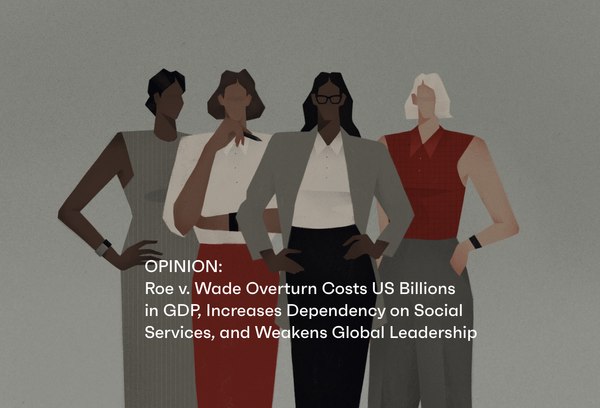Creating Inclusive Family-Building Benefits: A Guide for Employers
As families have evolved over the decades and assisted reproduction technology has advanced, more people are using IVF, egg freezing, and surrogacy to conceive. As a result, the need for personalized support to help individuals meet their family-building needs has risen.
Employers looking for an innovative way to meet the needs of today’s employees can do so with comprehensive family-building and reproductive health benefits. But HR buyers must understand the trends that have changed the way people are building families in order to build inclusive coverage that meets the needs of today’s workers. Here are a few trends shaping family-building today:
People are having children later in life
Over the past three decades, birth rates for women in their 20s declined by 43% while those for women aged 35-39 increased by 67%. The ability to get pregnant declines by age 30 and individuals who are trying to conceive later in life may need medical assistance to do so. Without the support of employers, individuals may choose low-cost, less effective treatment has a higher risk of twins or multiple births, premature babies, and specialized medical care.
Fertility support is being embraced by an increasingly diverse range of families, encompassing single parents to same-sex couples. People accessing diagnostic tests and fertility treatments are doing so for several non-medical reasons. These individuals may not meet traditional coverage requirements or be able to use specific treatments designed for heterosexual couples. This can lead individuals to feel unfairly excluded.
More people are preserving fertility for the future
Individuals delaying families are deciding to preserve eggs or sperm to use with IVF or another procedure later. This allows individuals who may not be able to or want to have a child now to do so later when their fertility has declined due to age, cancer therapy, or surgery. Individuals undergoing a gender transition may also want to freeze eggs or sperm in order to have genetic or biological children.
We recently discussed how to provide personalized benefit plans for an increasingly diverse workforce and how to enhance your health and other benefits at the From Day One webinar: How Innovative Employers Are Making Their Benefits More Inclusive.
Strategic Approaches to Effective Employee Benefits Communication and Engagement
Panelists included;
- Kimberly Young, VP, of Global Benefits and HR Technology - Amentum
- Kristy Lucksinger, Head of Global Benefits - JLL
- Nancy Antoniou, SVP Strategy & CHRO - Los Angeles Times
- Lisa Singh, Managing Director, Global Benefits - Silicon Valley Bank (SVB)
- Liz Pittinger, Head of Global Customer Success - Stork Club
Watch the full webinar here, for more information on navigating employee health benefits. At Stork Club, access to critical reproductive healthcare is a basic human right. Join us on the mission to make reproductive care available for all. Are you interested in adding Stork Club to your team? Sign up to view a demo.




